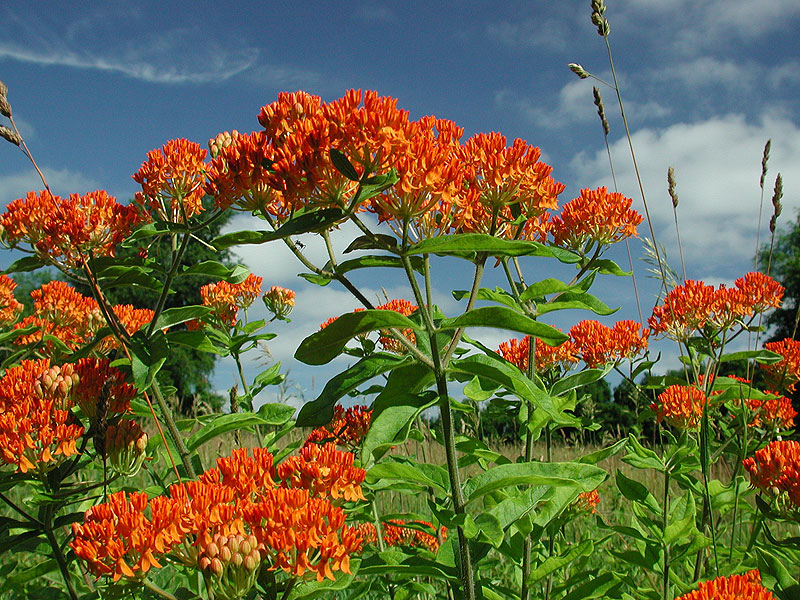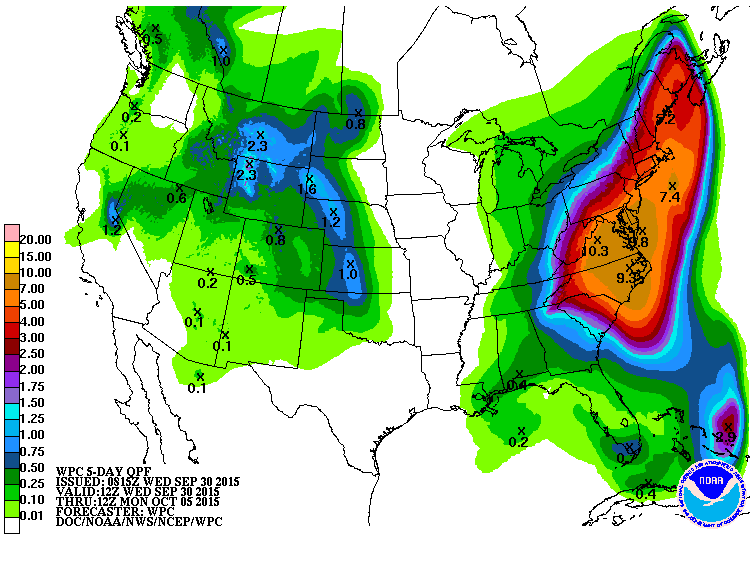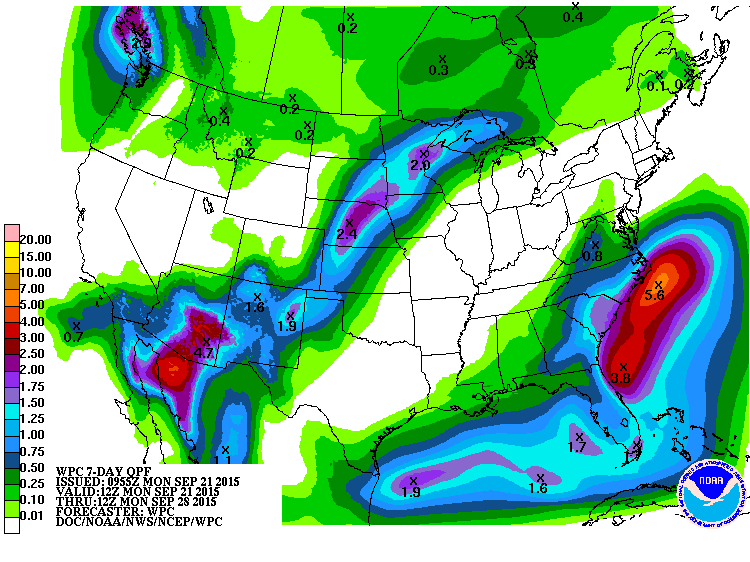Category Archives: Environment
Alternatives
Dan Charles, By Returning To Farming’s Roots, He Found His American Dream:
Eighteen years ago, on New Year’s Eve, David Fisher visited an old farm in western Massachusetts, near the small town of Conway. No one was farming there at the time, and that’s what had drawn Fisher to the place. He was scouting for farmland.
“I remember walking out [to the fallow fields] at some point,” Fisher recalls. “And in the moonlight – it was all snowy – it was like a blank canvas.”
On that blank canvas, Fisher’s mind painted a picture of what could be there alongside the South River. He could see horses tilling the land – no tractors, no big machinery – and vegetable fields, and children running around.
This is David Fisher’s American Dream. It may not be the conventional American Dream of upward economic mobility. But dreams like his have a long tradition in this country. Think of the Puritans and the Shakers and the Amish. These American dreams are the uncompromising pursuit of a difficult ideal.
The scene that David Fisher imagined, on the New Year’s Eve almost two decades ago, has turned into reality. It’s called Natural Roots Farm.
Thought for the Evening – June 29, 2016
The phrase came up in discussion at work today. (The essence of my job is to help people observe what they need to observe so that they can get oriented and make better decisions – to get them high quality “actionable information”.) From Lind’s piece (linked to above):
[U.S. Air Force Col. John Boyd] posited that all conflict is composed of repeated, time-competitive cycles of observing, orienting, deciding, and acting. The most important element is orientation: whoever can orient more quickly to a rapidly changing situation acquires a decisive advantage because his slower opponent’s actions are too late and therefore irrelevant—as he desperately seeks convergence, he gets ever increasing divergence.
After the discussion I thought about the applicability of the “OODA loop” to other domains; specifically, environmental issues. Maybe it’s a stretch to say that Boyd’s idea applies. The idea that sticks with me from that paragraph is the contrast between seeking convergence and experiencing divergence. With respect to the environment, Americans in general are lousy observers. We haven’t oriented ourselves to our environment and, because we haven’t, I think we’ll have a very hard time adapting when (if?) we start experiencing significant divergence, e.g., climate change disrupting agriculture.
Climate Moment
I am a scientist. My work requires that I understand atmospheric physics and some chemistry as well as a healthy dose of applied mathematics and statistics. Over the past 25 years I’ve picked up enough climate science that I have a pretty good idea of what’s coming should we choose to maintain the status quo with respect to fossil fuel consumption and carbon dioxide emissions. I am not given to false hopes. I think often of a passage from Dougald Hine’s essay, “What do you do, after you stop pretending?” Hine writes:
‘Changing the world’ has become an anachronism: the world is changing so fast, the best we can do is to become a little more observant, more agile, better able to move with it or to spot the places where a subtle shift may set something on a less-worse course than it was on. And you know, that’s OK – because what makes life worth living was never striving for, let alone reaching, utopias.
There’s a big difference between the task of trying to sustain “civilisation” in its current form … which is what “sustainability” has largely come to mean, and the task of holding open a space for the things which make life worth living. I’d suggest that it’s this second task, in its many forms, which remains, after we’ve given up on false hopes.
Hine’s passage stays with me. We need to hold open that space.
For me, flowers are one of the things that make life worth living. I feel strongly enough about it that I plant wildflowers. I started off some years ago planting New-England-native species but last year I switched my focus to prairie wildflowers. In addition to their beauty and their appeal to bees and other pollinators, I am drawn to their resilience. They put down roots three feet, four feet, or more. They tolerate extreme heat and drought. That, I believe, is significant.
Last summer our Asclepias tuberosa – otherwise known as “butterfly weed” – was in full bloom. Butterfly weed is a cousin of milkweed. It is shorter – a bit above knee height – with small orange star-shaped flowers. It is far and away our most popular flower with the bees and butterflies. One hazy Saturday afternoon in July my four-year-old son and I walked down our garden pathway and sat down between two large patches of it. When we sat the flowers were over our heads. The blossoms were teeming with bees. We watched and listened for a few minutes. In the moments in between the sound of passing cars, the hum of the bees filled the space around us. It was not a dramatic moment but is one which will stay with me.
There’s a big difference between the task of trying to sustain civilization in its current form and the task of holding open a space for the things which make life worth living. When it comes to climate change, we can each find our place on the continuum from comprehension to commitment to action. I may not be at a place in my life where I can engage in civil disobedience in order to block construction of a natural gas pipeline, but I can develop compassion for and be supportive of those who do. And I can make time to plant wildflowers which set deep roots and to sit with my kids and watch the bees.
So much for “Dry”
We were in an extended dry period – hadn’t rained in sixteen days before this AM and only about half normal rainfall over the past few months. We now stand to make up a few months accumulated rainfall deficit in a few days. Quantitative Precipitation Forecast for the next five days:
And the seven day forecast is for another inch plus. Four to five inches in our backyard would be significant but check out the prediction for NW Virginia. Yowza.
Dry
Very dry. It hasn’t rained in over a week and it when it did that broke up a ~3 week dry spell. And now NOAA’s Quantitative Precipitation Forecast for the next seven days:
First Parish of Bedford, MA Sunday Service – May 31, 2015
A particularly good service the other week:
If you need cause to watch to the end, Bill McKibben was the last speaker. If you skip directly to McKibben however you’ll miss an a great opening song from the kids’ choir and excellent sermon from Rev. Gibbons.
Carrying on in the tradition of Emerson. No matter what your religious inclinations good for the mind and spirit. I’m not UU by nature but I’ve come to appreciate that the belief in free thought and inquiry can accommodate a wide range of personal philosophies.
Uncivilisation – III
From The Dark Mountain Project’s Manifesto:
III
UNCIVILISATION
Without mystery, without curiosity and without the form imposed by a partial answer, there can be no stories—only confessions, communiqués, memories and fragments of autobiographical fantasy which for the moment pass as novels.
– John Berger, ‘A Story for Aesop’, from Keeping a Rendezvous
If we are indeed teetering on the edge of a massive change in how we live, in how human society itself is constructed, and in how we relate to the rest of the world, then we were led to this point by the stories we have told ourselves — above all, by the story of civilisation.
This story has many variants, religious and secular, scientific, economic and mystic. But all tell of humanity’s original transcendence of its animal beginnings, our growing mastery over a ‘nature’ to which we no longer belong, and the glorious future of plenty and prosperity which will follow when this mastery is complete. It is the story of human centrality, of a species destined to be lord of all it surveys, unconfined by the limits that apply to other, lesser creatures.
What makes this story so dangerous is that, for the most part, we have forgotten that it is a story. It has been told so many times by those who see themselves as rationalists, even scientists; heirs to the Enlightenment’s legacy — a legacy which includes the denial of the role of stories in making the world.
Uncivilisation – II
From The Dark Mountain Project’s Manifesto:
II
THE SEVERED HAND
Then what is the answer? Not to be deluded by dreams.
To know that great civilisations have broken down into violence,
and their tyrants come, many times before.
When open violence appears, to avoid it with honor or choose
the least ugly faction; these evils are essential.
To keep one’s own integrity, be merciful and uncorrupted
and not wish for evil; and not be duped
By dreams of universal justice or happiness. These dreams will
not be fulfilled.
To know this, and know that however ugly the parts appear
the whole remains beautiful. A severed hand
Is an ugly thing and man dissevered from the earth and stars
and his history … for contemplation or in fact …
Often appears atrociously ugly. Integrity is wholeness,
the greatest beauty is
Organic wholeness, the wholeness of life and things, the divine beauty
of the universe. Love that, not man
Apart from that, or else you will share man’s pitiful confusions,
or drown in despair when his days darken.
– Robinson Jeffers, ‘The Answer’
The myth of progress is founded on the myth of nature. The first tells us that we are destined for greatness; the second tells us that greatness is cost-free. Each is intimately bound up with the other. Both tell us that we are apart from the world; that we began grunting in the primeval swamps, as a humble part of something called ‘nature’, which we have now triumphantly subdued. The very fact that we have a word for ‘nature’ is evidence that we do not regard ourselves as part of it. Indeed, our separation from it is a myth integral to the triumph of our civilisation. We are, we tell ourselves, the only species ever to have attacked nature and won. In this, our unique glory is contained.
Reinvent the world
Many of the choices we make as a culture – as a society – disappoint me. We could do much better than we’ve done. That stated, I hold out hope that future generations will make better choices than my generation and our predecessors have and that they will be able to improve upon the world we leave them.
I was running errands today and happened to hear a few minutes of Salman Rushdie’s keynote address at Emory University’s Commencement. His speech captured both my frustrations and my hopes. Hold out for the last minute and a half:



